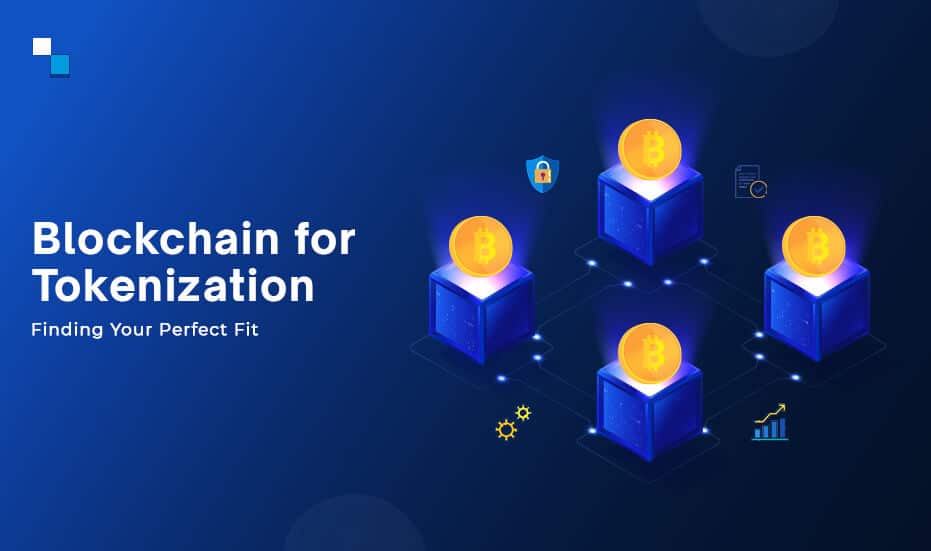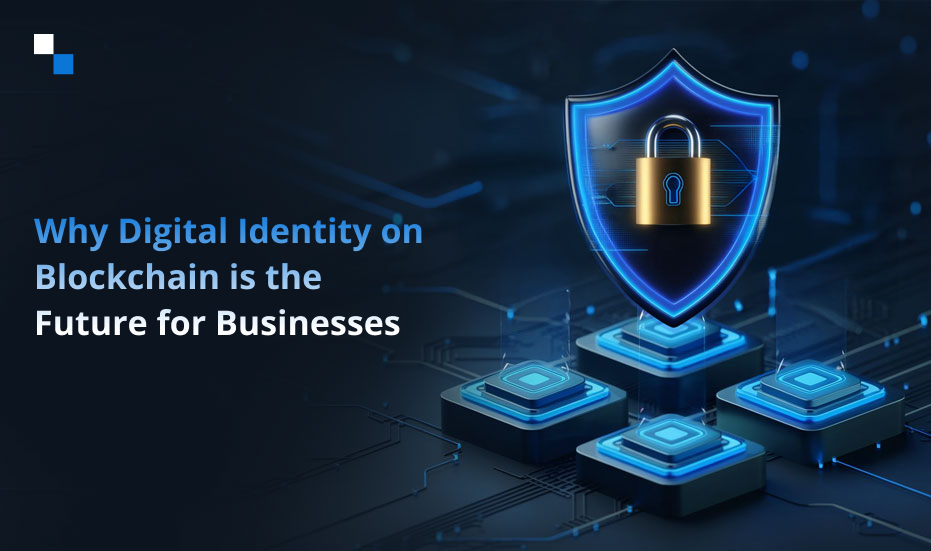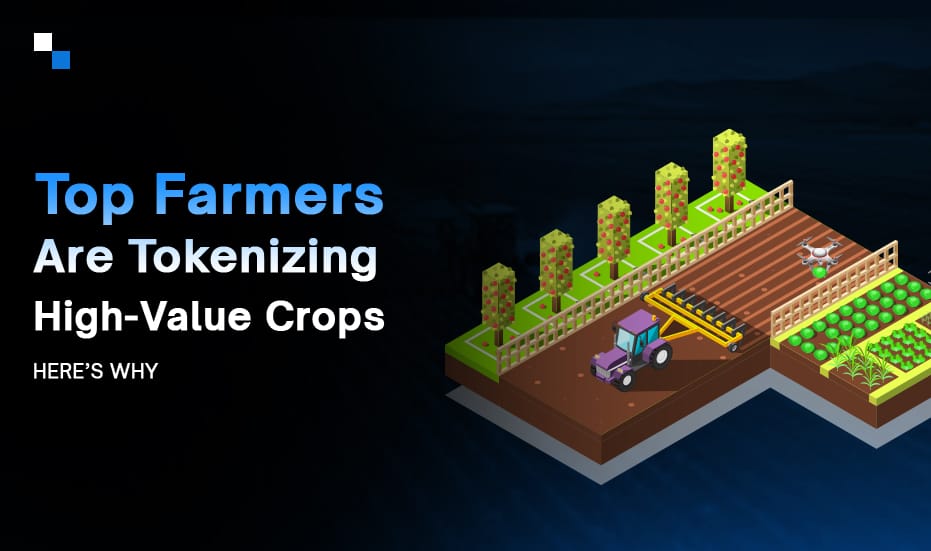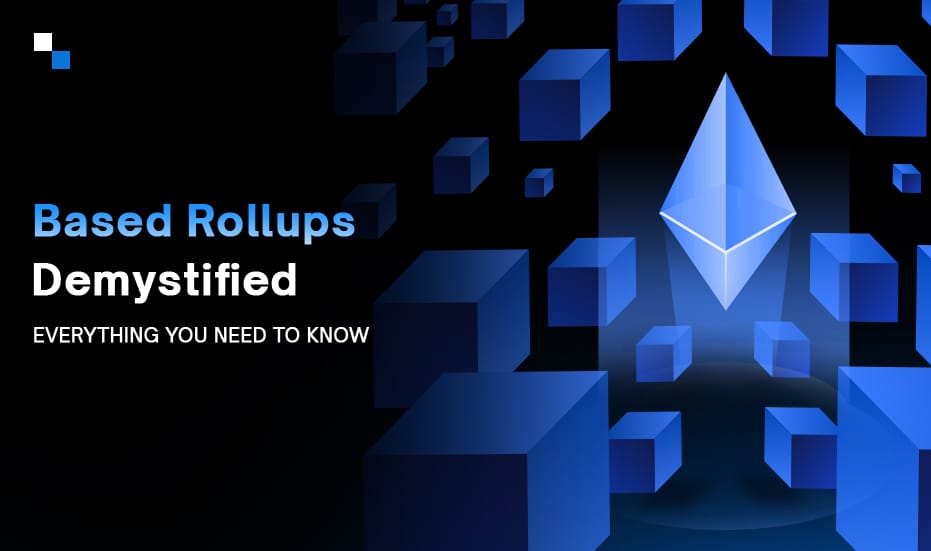
All You Need to Know About NFT Calendars
September 29, 2023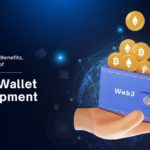
The Art Of Web3 Wallet Development: Unlocking Benefits, Features & Expenses
October 3, 2023Today, we are living in an era in which we may store and trade real-world assets through a decentralized, secure, and transparent blockchain network by converting them to crypto tokens. This process is generally known as tokenization. As this technology is continuously gaining momentum, businesses are showing great interest in tokenization platform development. However, the most crucial decision they have to make first is selecting the appropriate blockchain for their project. They must be aware of the different aspects that make a blockchain perfectly suitable for building a tokenization platform. However, if you too are confused about choosing the right blockchain for your upcoming platform, then you should not hesitate to discuss it with the tokenization platform development company that has years of experience in delivering such solutions.
Make a Significant Decision Regarding Blockchain Selection
There is no dearth of blockchain networks, and each one has unique features and capabilities. Our selection will influence the security, scalability, functionality, and compatibility of your tokenization platform. It is imperative to evaluate the blockchain options before proceeding with tokenization platform development.
Let’s evaluate the required features:
1. Smart Contract Capabilities
Smart contracts create a necessary base for the smooth functioning of tokenization platforms, as they govern the creation, issuance, and transfer of tokens. Therefore, when you choose a blockchain you should ensure that it supports smart contracts apart from having the required features for your specific platform. For example, Ethereum is often chosen for tokenization projects because of its robust smart contract capabilities.
2. Token Standards
Different blockchains support various token standards. For example, Ethereum’s ERC-20 tokens are widely used for tokenizing assets. The blockchain you are going to choose must support the token standard that matches your requirements. Apart from this, the blockchain should offer flexibility in customizing token standards to suit your unique needs.
3. Scalability
Scalability is a significant aspect your blockchain should support, especially if you are expecting a high volume of token transactions, otherwise, you might have to face congestion issues during periods of high demand. It will result in increased transaction costs and unnecessary delays. It will be better to explore layer-2 scaling solutions or blockchains designed for high throughput, like Solana or Polkadot.
4. Security
Security is one of the main areas of concern while building a tokenization platform, as assets of significant value are at stake. Assess the blockchain’s security features, including its consensus mechanism and track record for preventing vulnerabilities and attacks.
5. Regulatory Compliance
Adherence to relevant regulations is a crucial aspect, particularly when your platform tokenizes real-world assets like securities and real estate. Therefore, it will be better if the blockchain of your choice facilitates compliance with Know Your Customer (KYC) and Anti-Money Laundering (AML) regulations.
6. Interoperability
Consider whether the blockchain can interact seamlessly with other blockchains and systems. Interoperability is an essential feature that facilitates the transfer of tokens across different networks.
Develop a Tokenization Platform that Ensures Security and Scalability
Schedule Free DemoThe Best-Suited Blockchains for Tokenization Platform Development
Based on the essential features discussed above, we have curated a list of the best-suited blockchains that any tokenization platform development company would like to recommend:
1. Ethereum
Ethereum is the premier choice for the development of a tokenization platform for the following reasons:
- Smart Contracts: Ethereum brought forward the concept of smart contracts, which makes it the right choice for the creation of complex tokenization rules.
- Token Standards: It supports well-established token standards like ERC-20 and ERC-721.
- Interoperability: Ethereum is fairly compatible with various other blockchains that help to enhance token liquidity and cross-chain integration.
- Security: Ethereum is loaded with battle-tested security features and its consensus mechanism provides trust and reliability.
- Liquidity: Its large user base ensures liquidity and trading opportunities for tokenized assets.
2. Binance Smart Chain
Binance Smart Chain stands out as the optimal choice for tokenization platform development due to its:
- High Throughput: BSC offers rapid transaction processing with low fees and ensures efficient token transfers and interactions.
- EVM Compatibility: Being EVM compatible, it seamlessly integrates with Ethereum’s assets and tools, facilitating the migration of existing projects to BSC.
- Scalability: The scalability feature of BSC ensures the smooth handling of high volumes of token transactions, essential for a thriving tokenization platform.
3. Polkadot
Polkadot can be the right choice due to the following reasons:
- Interoperability: Polkadot’s parachain architecture enables seamless integration with other blockchains, which allows broader asset compatibility.
- Scalability: Polkadot ensures high scalability that ensures quick processing of a high volume of token transactions, which helps the tokenization platform to grow faster, in an uncomplicated manner.
- Security: It boasts robust security features, which help safeguard valuable assets in tokenization projects.
- Cross-Chain Compatibility: Polkadot enables cross-chain token transfers, enhancing asset liquidity and versatility.
- Customization: Developers can tailor token standards and functionalities to suit the unique requirements of their tokenization project.
4. Solana
Solana makes the right choice for tokenization platform development as it ensures:
- Speed: Solana’s high throughput can handle a vast number of token transactions quickly and cost-effectively.
- Scalability: Its exclusive sharding architecture enables seamless scaling, ensuring the platform can accommodate growing demands.
- Low Fees: Solana’s low transaction fees make it suitable for tokenization projects of all sizes.
- Robust Security: Solana is known for its amazing security features and encryption standards bolster the safety of tokenized assets.
- Ecosystem: A vibrant developer community and extensive tooling make it easy to build and deploy tokenization solutions on Solana.
- Interoperability: Solana’s compatibility with Ethereum assets facilitates seamless integration with existing tokenized assets and DeFi tools.
5. Algorand
Algorand can be chosen for tokenization for several reasons, and some of them are:
- Speed and Scalability: Algorand ensures high transaction throughput and is easily scalable, which makes it ideal for tokenizing a wide range of assets efficiently.
- Security: Algorand employs a unique consensus mechanism called Pure Proof of Stake (PPoS), which ensures robust security against attacks.
- Smart Contracts: Algorand supports smart contracts and helps to set complex tokenization logic and programmable assets.
- Low Costs: Algorand charges low transaction fees, which makes it a cost-effective option for building a tokenization platform.
Conclusion
It’s a critical decision to select the right blockchain for tokenization platform development as it shapes the success of your project. Consider factors such as smart contract capabilities, token standards, scalability, security, regulatory compliance, and interoperability, while making the right choice.
The skilled developers at Antier, a seasoned tokenization platform development company are well aware of the strengths and weaknesses of diverse blockchains. They will help select the blockchain that aligns with your specific goals and business needs. Contact us to make an informed decision and create a tokenization platform that meets the needs of your target users and assets. Let’s have a discussion!
